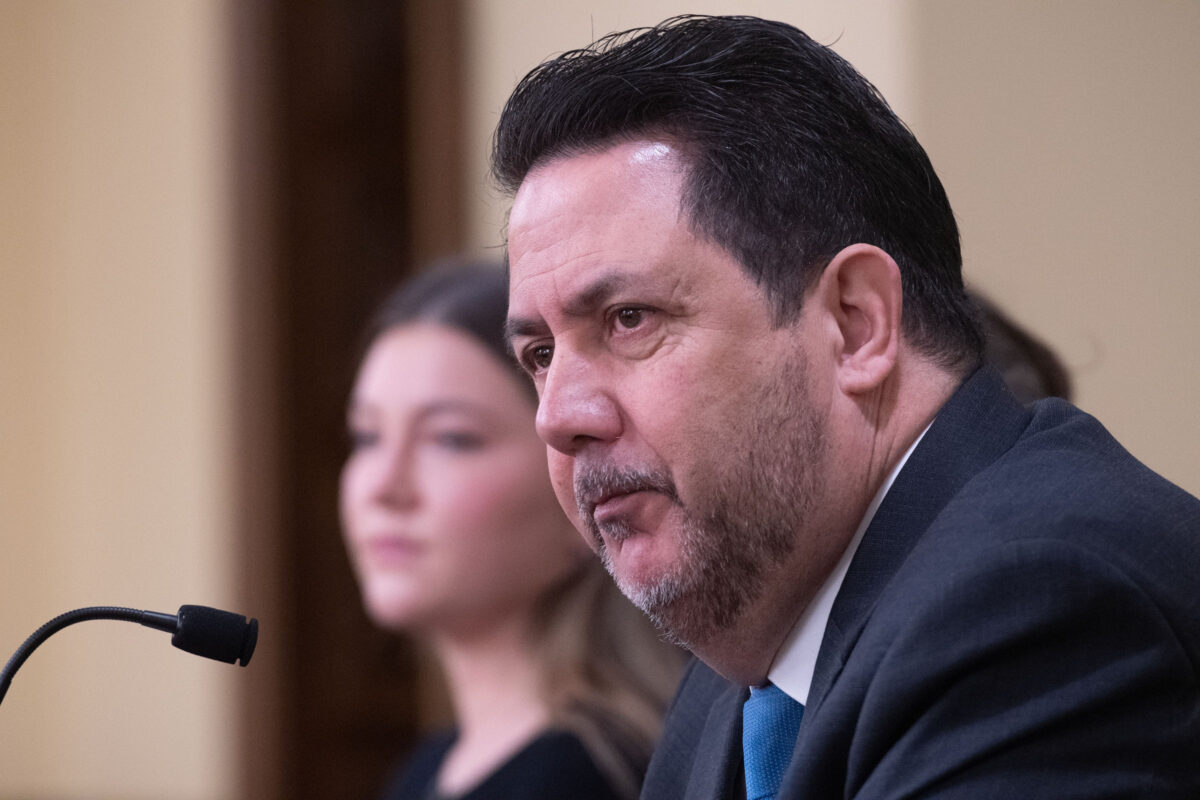Apprenticeship programs are getting more attention these days to help fill skilled labor shortages but accessibility is seen as a barrier. Minnesota could boost support for a program that opens its arms to disadvantaged populations.
A Minnesota House committee heard testimony this week on a bill that would provide $800,000 over the next two budget years to the Building Strong Communities program, a regional nonprofit spearheaded by construction union partners.
Natalie Pilrain, a recent graduate of the program, said as a single mom trying to finish high school, it gave her the chance at a promising career by overcoming up-front hurdles.
“At the time, I didn’t have extra money lying around for work boots or hotel expenses for going up to the training center,” Pilrain pointed out. “Building Strong Communities covered those costs for me.”

Natalie Pilrain testifies in support of HF1216 before the House Workforce, Labor, and Economic Development Finance and Policy Committee at the Minnesota State Capitol on March 18, 2025. Rick Martagon, BSC Director, sits behind her.
She is now earning strong wages as an apprentice with the International Union of Operating Engineers Local 49. Bill sponsors said additional state funds could help the program further fulfill its mission to recruit women, minorities and veterans. The measure has bipartisan sponsors but like other proposals this spring, it faces an uncertain future with Minnesota’s budget surplus getting smaller.
Dorlisa Squires, also a program graduate, said officials were very responsive when she asked about it. After working in the medical device field for many years, Squires told the committee she wound up homeless without a promising career outlook. She stressed her new journey through the trades has given her a fresh start.
“Now I have a career and now I have placement,” Squires explained. “I have an apartment, a car.”
Officials said the free training has led to 107 job placements over a two-year period.
A new study commissioned by the federal Department of Labor said registered apprenticeship programs dramatically increase the ability of participants to afford basic needs, especially initiatives led by unions. The movement comes as the industry still hears complaints about long-standing issues such as nepotism.
###
(Reprinted with permission from Public News Service, March 19, 2025)




